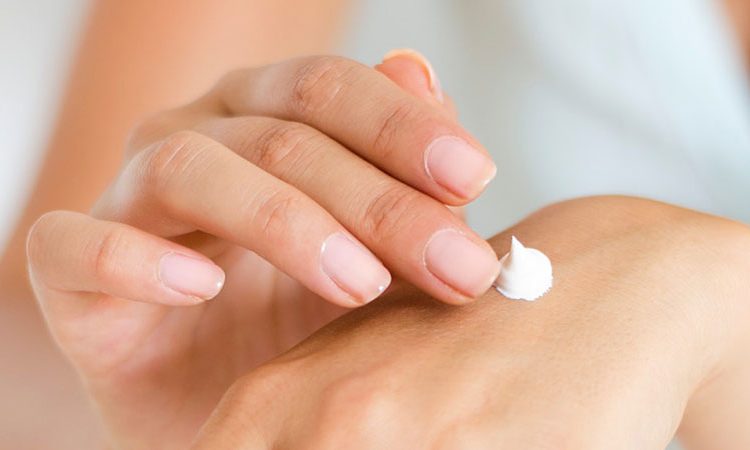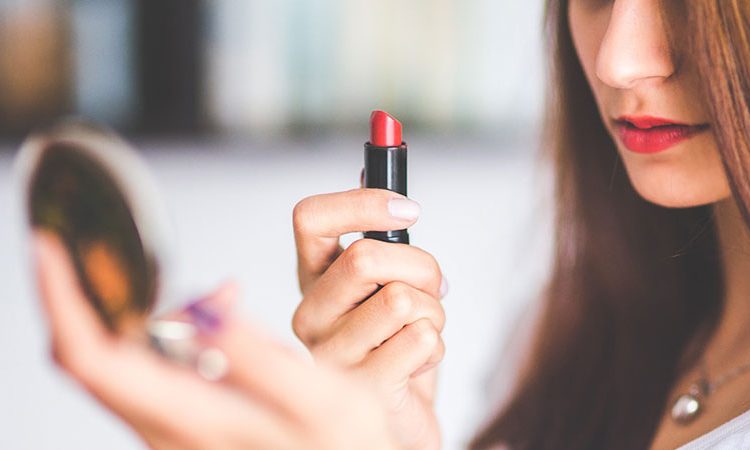I’m sitting in the rheumatologist’s office waiting for her to come in, and I see a poster on the wall that says it takes an average of eight years to diagnose someone with lupus. Eight years! Since then, I’ve learned this is not unusual, and not just for lupus. For many diseases, there isn’t a test that can provide a definite “yes” or “no” with regard to a diagnosis. Medical research has made enormous strides, but there’s still a long way to go.
One of my better doctors once explained to me that disease definitions are imprecise – the medical community picks the most common symptoms, does the best it can when stitching them together into a diagnosis, and the broader community adopts those as the necessary criteria for delivering a diagnosis. The trouble is, disease doesn’t keep itself in such tidy packages. Many illnesses morph and change over time, and often the same symptoms can show up in multiple diseases. Because of this, there are a host of diseases that are challenging to identify, and it can take months or even years to get a specific diagnosis. And during those months and years of waiting, coping will still be necessary.
The rheumatologist I’m seeing may be the 37th doctor I’ve been to in the last two years. I’ve seen general practitioners and internists and functional medicine doctors and endocrinologists and urogynecologists and dermatologists and three different neurologists. If there’s an “ologist” after your name, I’ve probably been to see you. I’ve had MRIs and CT scans and sonograms and nerve conduction studies and even a spinal tap. I’ve been screened for mental health and depression, for infectious diseases, for food allergies and mold. The doctors all agree – there is something wrong, they just can’t pinpoint what it is. Yet. (And quite frankly, they don’t seem nearly as alarmed by this as I am).
My latest endocrinologist told me, “Your test results are robustly normal.” Except I’m not normal. I cannot sit without my legs going numb. I can’t look up without getting intensely dizzy. My skin feels wet, when it’s absolutely dry. I get mystery rashes. And I cannot function without loads of sleep.
When I first began experiencing symptoms, I went to my doctor, and then another, and then another, advocating for my health as we’ve all learned to do. With every visit, I would become convinced that this was the doctor who could finally determine my diagnosis. This time I would know for sure! And then the visit would come, and I’d be left with the news again – we don’t know what it is. This led to a frustrating, depressing time of waiting (sometimes for months) to see a particular specialist, only to be told they had no answers for me.
A well-meaning friend asked me whether receiving no news wasn’t at least better than receiving bad news. Of course! Of course I don’t want to hear bad news! But when you’re a person of action, a person who looks at a problem and figures out how to tackle it, what do you do? How do you tackle “we don’t know?” What’s the protocol for healing from “we have no idea?” And what do you tell your family, your boss, your friends when they ask, “But what’s wrong with you?”
The road to figuring that out has had more ups and downs than a rollercoaster, but in case you are, like me, muddling through in no-diagnosis-but-there-is-something-wrong land, here are some tips to help you through the murk until you have your answers. I am convinced that someday, there will be answers for all of us.
#1 – No Hiding
In the beginning, I tried to hide my symptoms from friends and family, thinking I needed to remain independent and give every outward indication that everything was fine. Everything, as they say, was not fine. The symptoms got worse and worse, to the point that I was literally going to bed immediately after getting off work to try to maintain enough strength to get through the next day. I spent weekends recovering.
One of the worst side effects of living with an undiagnosed illness is the isolation. You miss out on so many things because you just can’t. But symptoms – physical or mental – should not be hidden from those who love you. This is a tough one if you’re used to being fiercely independent and you have a hard time letting your vulnerable side show (or maybe that’s just me). What I’ve learned is that if you don’t share, your good friends will still know something isn’t right. They just don’t know what. How can they know you’re not coming to dinner because you can barely lift your arms and not because you’ve suddenly found them less than stellar company? Bring them in. Tell them what’s going on. Share.
#2 – Let it Go… and Outsource the Rest
If you’re an aspiring perfectionist or Pinterest goddess, learn that you don’t have to live up to every social media craze. You don’t have to make a hand-stitched Halloween costume for your dog, or the 17-layer cake with gilded chocolate flowers for your best friend’s wedding shower. LET IT GO. Part of navigating your way through your current limitations is to think through – really think through – what brings you joy and what doesn’t, and how you maintain the balance between the two. One of the things I realized in this maze was that I was spending all my time doing things I HAD to do, and almost no time doing what I wanted to do. Spend some time knowing what you can do with the energy you have. Of course, we all have things we have to do. Just make sure the scales aren’t tipped completely in the “have to” direction.
House cleaning, yard work, grocery shopping – if you have the means to hire a service to do these for you, let them go. If you have a loved one who asks what they can do to help, answer them honestly. If no one asks, be brave and ask for help anyway! So many times our people want to help but they don’t have any idea what we actually need. Remember, in the end, there are no medals for having the cleanest house or a pantry full of alphabetized canned goods.
#3 – Connect with the Good Ones
There will be good friends, and there will be friends who mean well but who just can’t understand where you are. This is perhaps the hardest part of living with an undiagnosed condition. If you told your loved ones you had cancer, they could rally around you and lift you up. But if all you can say is your test results are unclear, the conversation can feel awkward. The lack of results can make you question your own sanity or make you worry about what your friends think (and some of them, quite honestly, may think there is nothing wrong with you if test results can’t prove a result). There may be friends who don’t want to hear that you’re ill or who only want to hear the good news. But there will also be those who always hope for answers for you. Those who will ask how you are and who really want to know the answer. Connect with your people. Hold tight to them, because they will see you through. Remember, though, that you are not just your symptoms or your illness. Focus on small wonders, good days, accomplishments no matter how tiny, and talk about those, too.
#4 – Do What You Can
It can be easy to think that without answers, there’s nothing you can do. But even without a diagnosis, you can put yourself on the path to health. Make the choices you can make – eat well, get the rest you need, practice mindfulness, prayer, journaling, meditation – whatever brings you peace. Learn to say no to the things you really can’t handle. Exercise if and when you can (and this might mean a simple walk). Get mental health care.
#5 – Don’t Let Dr. Google Own Your Brain
Researching your symptoms and trying to find answers (or at least questions to ask your doctor) can be a healthy part of being your own advocate. But constantly Googling your symptoms and researching diseases can make you lose your mind. I went down this path initially when I was determined to force an answer, NOW. These days, I can’t say I never do this, but at least it’s intermittent. Look if you must, but then walk away. There is no peace to be found down that rabbit hole. Focus your energy, your mind, yourself on the things that bring you comfort. Puppies, wildflowers, dark chocolate, whatever it takes.
The Answers Will Come
Be kind to yourself. If you’re struggling with figuring out your own health questions, know you are not alone. If you’re in pain, or can barely get off the couch, I’m beside you in spirit. I’m sending you hope, and lightness, and a wish that you will get your answers so there will be a clear way back to health for you. Back to the days when you felt you could take on the world, and not just the couch. Back to you being you. Hold on.
 Julie is bit of an economics nerd – who doesn’t love a good supply and demand discussion? She also enjoys connecting the whys and hows of what happens all around us in the world. She has a love of fonts, travel (although less of a fondness for the required long flights in coach), growing a solid vegetable garden, wombats, and a good cup of coffee with a view of the outdoors. You can find her on Instagram, here and here.
Julie is bit of an economics nerd – who doesn’t love a good supply and demand discussion? She also enjoys connecting the whys and hows of what happens all around us in the world. She has a love of fonts, travel (although less of a fondness for the required long flights in coach), growing a solid vegetable garden, wombats, and a good cup of coffee with a view of the outdoors. You can find her on Instagram, here and here.





Leave a Reply